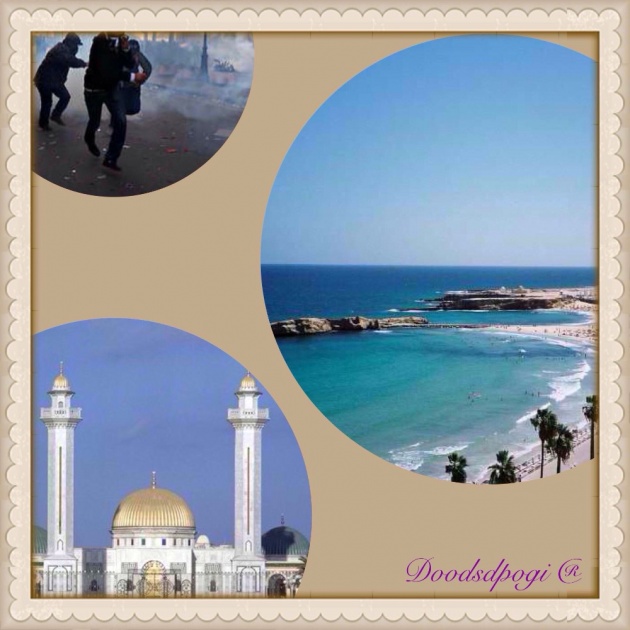
Coming Back of Tunisia
Three years ago, the so-called Arab Spring erupted across the Arab world when a Tunisian vendor set himself on fire after being humiliated by local corrupt official, an event which set off a wave of anger against tyrannical regimes. But Tunisia, an Islamist Government which was elected in 1911 appeared un-responsible to the new demands for human rights. Yet, as a recent New York Times editorial pointed out. Tunisia has once again shown the world how to manage a transition from an Islamic state to a democracy. Tunisia's current islamic government has recently reached an agreement with the opposition to form a caretaker government until new elections can be held. The Minister of Industry, Mehdi Jomaa, an engineer by training, who came from private sector, has been named Prime Minister and charged with the responsibility of forming a technocratic government. He must also select a Cabinet, and set a date for the new elections. A constitutional assembly is working on a new, inclusive constitution.
Tunisia has managed to avoid the contentious issue if settling old political scores, and has also managed to keep the military under civilian control.
Tunisia has not been immune to conflict. Two prominent opposition politicians have been assassinated. And arguments over the role of Islam in government have plagued the interim government. Yet Tunisia has shown the Arab world that political compromise is possible and that the country can move forward despite differences of opinion among its political leaders.
(Thanks Beth Day Romulo)



